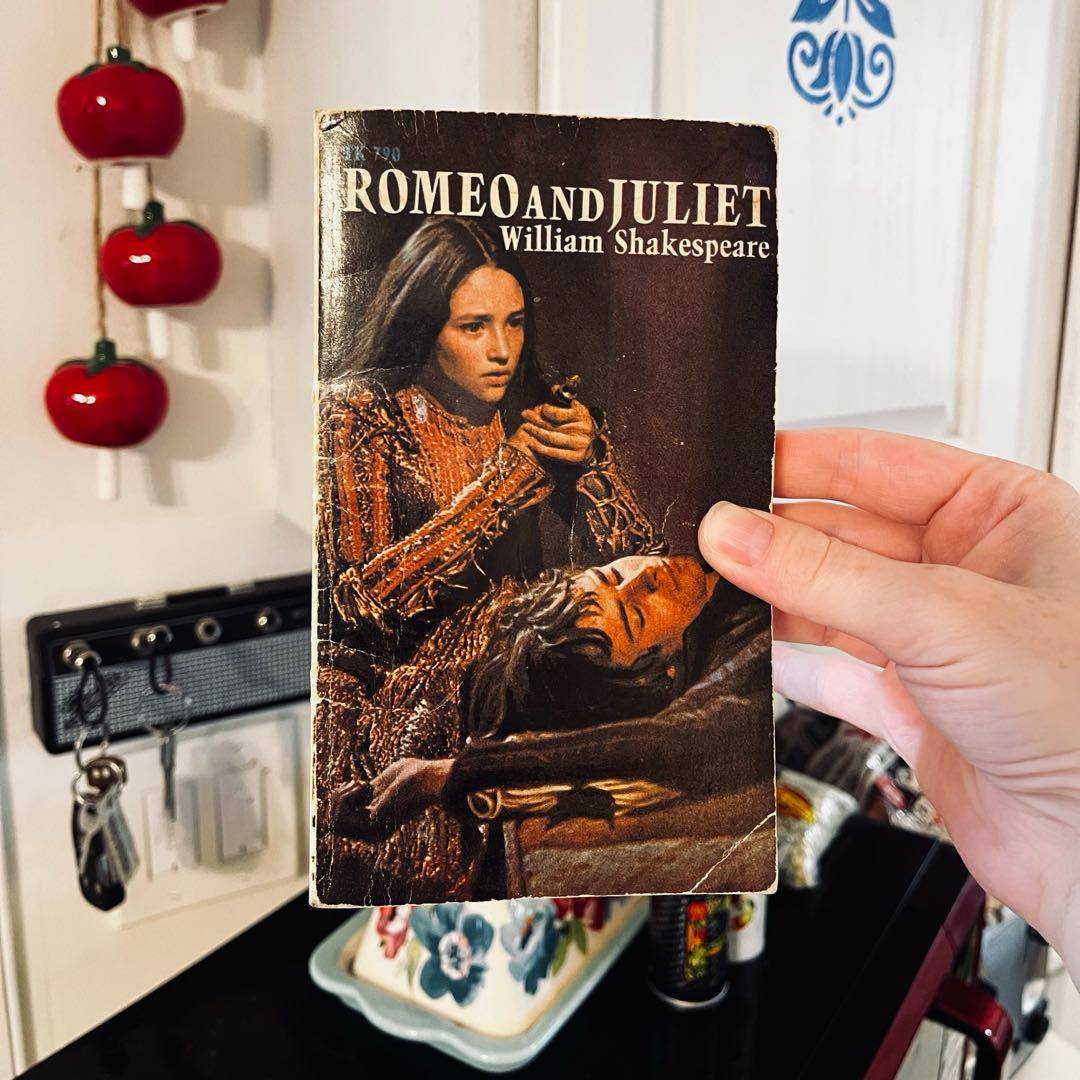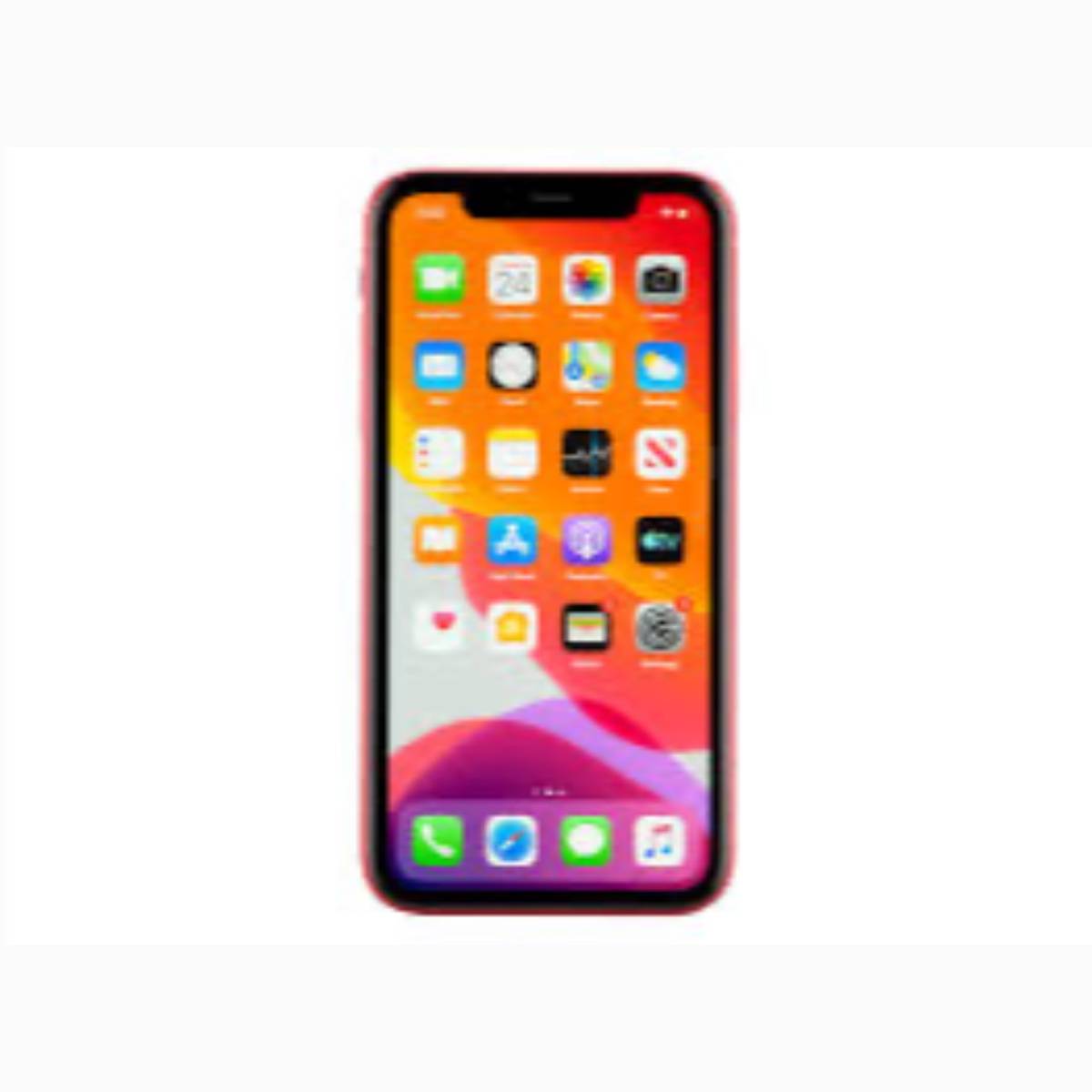
My husband found this at work today! 🤎

My husband found this at work today! 🤎
This chapter made me think about how much reading has changed. Nowadays it‘s so easy to get distracted, especially when you're reading on a device with other purposes. Cart talks about how algorithms can push books that are more popular than actually well-written. Cart doesn‘t totally bash digital stuff, which I appreciate, but I liked that he reminded us not to lose sight of what makes reading meaningful.
I liked how Cart talks about how reading is changing with technology. He mentions how things like audiobooks make it easier for people to read, especially if you don‘t have easy access to libraries or if you struggle with traditional books. I also liked the part about online communities. I understand what Cart means about how fast and shallow some digital content can be. Still, I agree with him that both can work together.

According to the article, 15-24 year olds only read for fun 7-10 minutes everyday. That is wild! For us as aspiring educators, it is an uphill battle to get kids to read and actually engage with texts. I think it is so important for us to be aware of the reality of education and reading - students are not going to be reading everything we assign. They may not read at all. That is why it is important for us to use multiple avenues of engagement.

Let's talk about audiobooks in the classroom! As a student, audiobooks have been used from time to time as an additional option for in-class reading. How do we take the data from Cart's research related to the benefit of audiobooks and apply them to our classrooms? How do we make them accessible to all students (without paying for them) and support audiobooks as a source of literature for our students? Do school libraries offer audiobooks? Libby?
While the decrease in literacy is concerning, the new literacy born from increased technological advances and time spent online is a compelling concept. Cart describes new/multiple literacies as the result of multimedia and digital technologies (214), and the focus on texting or social media is interesting. Skills in traditional literacy are replaced with what is more important to the new generations: communication and quick fills of information.
I really like that we now have YAD instead of just children and adults because the two are vastly different, and it is important for young adults to know they do not fall into either category of children or adults. What is expected of a child versus a young adult, and an adult is three very different things. This makes teenagers feel included in something that is for them. Teenage years can be isolating, so this is beneficial.